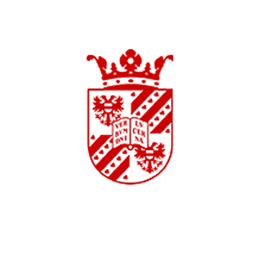Empowering women for creative solutions in interpersonal conflict at work

Creativity is essential in managing interpersonal conflict within organizations, yet its drivers remain underexplored. Fousiani, Michelakis, and De Jonge investigated power and gender as key determinants of creativity in interpersonal conflicts at work. Their first study surveyed 226 employees across various organizations, while the second used a conflict simulation with 160 participants in dyads. Both studies examined the impact of relative power (having more power than the other person) on creativity, focusing on how gender influences this relationship. The results revealed a positive link between relative power and creativity in conflict, with a stronger effect among women. Study 2 delved deeper, exploring the distinct dimensions of creativity, such as idea originality and effectiveness. This research provides fresh insights into creativity within organizational conflicts, highlighting the complex interplay of power, gender, and creativity. The findings offer practical implications for organizational leaders and conflict resolution practitioners, emphasizing the critical role of gender dynamics in effective conflict resolution strategies.
The original paper can be found here.

